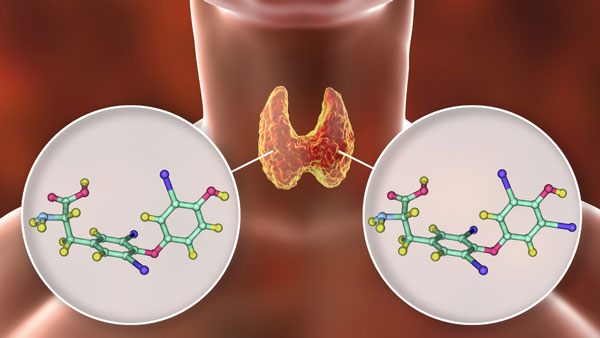Description
This article will highlight the oral disease risk factors present in patients with Graves’ disease and help restructure the dental management for these patients. Graves’ disease is an autoimmune disorder affecting thyroid function and is the most common cause of hyperthyroidism, which is the overproduction of thyroid hormone. Graves’ disease positively correlates with periodontitis and can also cause a greater susceptibility to dental caries, osteoporosis of the maxilla and mandible, burning mouth syndrome, and Sjögren’s syndrome. Collaboration between dental professionals and endocrinologists is needed to ensure optimal oral and systemic health for patients with Graves’ disease and to accelerate the prevention and detection of the associated oral diseases. Dental professionals should be aware of the symptoms of Graves’ disease and adverse reactions to treatment options. A shorter dental recall interval for patients with Graves’ disease is beneficial for preventing and arresting multiple dental diseases.
Educational objectives
Upon completion of the course, participants will be able to:
- Describe the definition, etiology, symptoms, and treatment for Graves’ disease
- Identify the clinical oral manifestations of patients with Graves’ disease
- Define systemic, oral, and mental health implications for patients with Graves’ disease
- Define recommended treatment and recare intervals for patients with Graves’ disease


